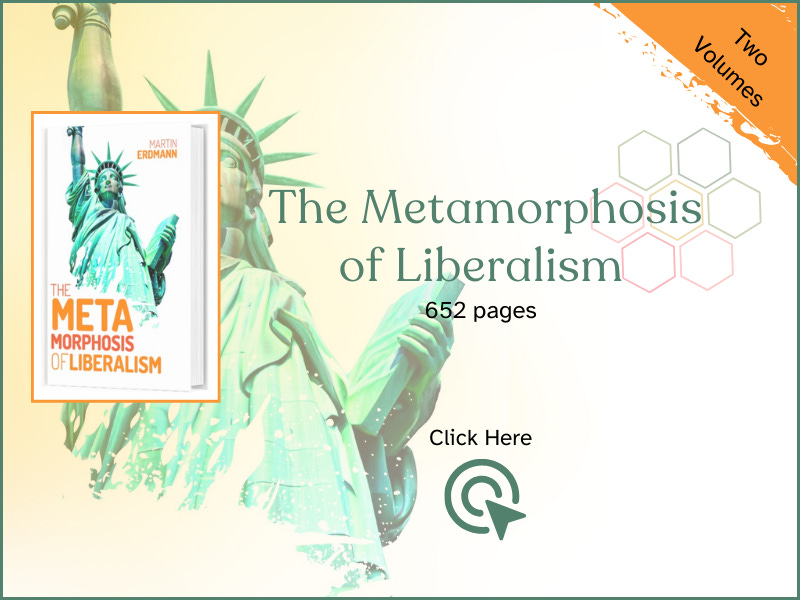The Tragedy of Modern Evangelicalism
The Enlightenment thinkers of the 18th century contrasted Christianity with the religion of progress. They saw Christianity as part of the dark Middle Ages. There is an unbridgeable gulf between these two religions. It is a conscious decision to turn to one religion or the other. The thinkers of the Enlightenment were aware of this. A Christian should also be aware that mixing the two religions is absolutely forbidden. But this is the tragedy of modern evangelicalism: it tries to bridge this unbridgeable gap. But it will not succeed, no matter how hard and determined Christian leaders, especially in Germany, try to do so.
2.Kor. 6,14-16: 14 Do not be yoked together with unbelievers. For what do righteousness and wickedness have in common? Or what fellowship can light have with darkness? 15 What harmony is there between Christ and Belial? Or what does a believer have in common with an unbeliever? 16 What agreement is there between the temple of God and idols? For we are the temple of the living God. As God has said: “I will live with them and walk among them, and I will be their God, and they will be my people.”
NASB 1995
---
This unwavering belief in the power of reason is evident in everything the 18th-century philosophers wrote on social and political issues. In particular, the concept of social progress as developed by Abbé Saint-Pierre, Turgot, and Condorcet was almost exclusively intellectual. Morality was seen as a static element that had little direct influence on human progress. Helvetius, with all the naive philistinism of the Enlightenment, notes that the influence of moral virtue is limited to the few individuals with whom the wise man has personal contact, whereas the man who invents a windmill is a benefactor to the whole world.
And if the influence of morality is to be relatively insignificant, the influence of religion must be downright regressive. For the thinkers of the Enlightenment saw religion – and especially Christianity – as the dark force that continually hinders and throws back the human spirit on its path to progress and happiness. They saw the development of historical religions as an unresolved history of deception and cruelty.
> Subscribe to the Court Jester Mailing
> Legal




